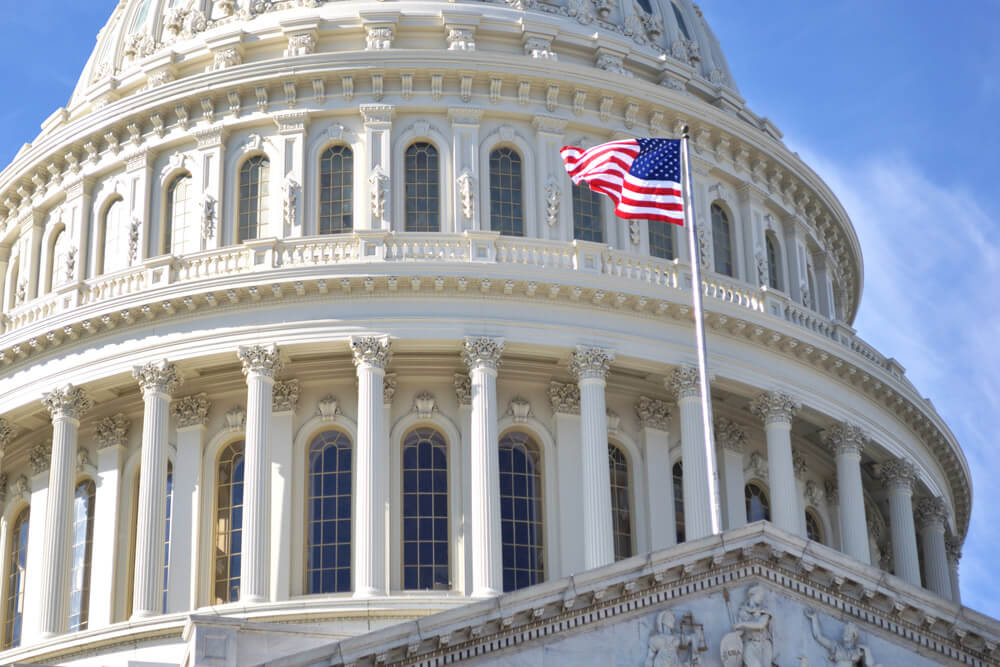Back in November, many analysts claimed that Joe Biden would be the man to put bitcoin on the map. Allegedly, his policies towards the world’s number one digital asset would be so friendly that the asset would make its way to the top of the financial ladder and become the ultimate tool for financial investors, but has BTC fared any better under the 78-year-old former senator?
What Has Biden Really Done for Bitcoin?
During Biden’s time in the White House, bitcoin has been subjected to one of its biggest valuation drops. The currency fell from a mid-April high of about $64,000 per unit to under $30,000 for a brief period. While the currency is presently on a road to recovery and we can potentially blame bitcoin’s fall on other factors such as Elon Musk’s tweets and China’s sudden anti-crypto mining attitude, it can be said that Biden and his cronies aren’t helping the situation, and their stone-aged attitudes towards BTC are possibly hurting the space.
For one thing, the Biden administration has implemented new rules that would require individuals engaged in crypto transactions exceeding $10,000 to report their activities to the Internal Revenue Service (IRS). While similar rules are set in place for standard fiat transactions, the maneuver removes a certain level of privacy for digital users, thereby preventing them from taking advantage of one of crypto’s most renowned benefits.
In addition, the latest infrastructure bill is a joke for many reasons, the big one being that senators are not likely to garner much income from the new crypto taxation laws they’re seeking to implement. The infrastructure bill is alleged to earn as much as $28 billion through taxing crypto investors that the country will put towards its ailing power and transportation systems. $28 billion sounds big on paper, but when one considers that the bill is worth $1 trillion, what could the former figure really accomplish for America’s growth?
It is becoming clear that Biden and the people that serve him do not see bitcoin as a hedge tool or a speculative tool, but rather as a “taxation” tool.
Progress Has Been Slow
Lastly, the financial heads brought in under Biden do not bring anything new to the crypto table and appear to suffer from old-timey attitudes that could wind up preventing the industry from traveling further. Gary Gensler, for example, is the head of the Securities and Exchange Commission (SEC). Gensler has expressed an openness towards bitcoin ETFs granted they are based on futures and regulated under an old 1940s rule that applies primarily to mutual funds.
This is making a lot of crypto experts unhappy. They claim that futures are inferior products and that rules must be adapted to fit their respective targets, while Janet Yellen, the Secretary of the Treasury under Biden, insists on repeating old arguments that bitcoin is still too tied to illicit behavior such as terrorist financing and fraud.





